Neem is a tree that is native to India. The bark, leaves, and seeds of the neem tree are used to make medicine. Neem leaf is traditionally used for a variety of conditions, including leprosy, eye disorders, bloody nose, intestinal worms, stomach upset, loss of appetite, skin ulcers, and other diseases.
The generic name Azadirachta, which means a free-growing tree of India, was derived from the Arabic phrase Azadirachta-E-Hind. Indian mythology holds trees in great regard.
Table of Contents
Health benefits of neem:
The Vedas refer to neem as "Sarva roga nivarini," which translates to "the healer of all ills."
Neem possesses advantageous anti-inflammation, anti-cancer, anti-cancerous, and anti-malarial qualities. It aids in the prevention of viral infections, cancer, diabetes, malaria, ulcers, vitiligo, and arthritis. It provides a whole range of nutrients, including protein, carbs, and vitamins and minerals including calcium, phosphorus, and carotene. Additionally, glutamic acid, aspartic acid, praline, and fatty acids are present in neem.
Cures acne
Acne can be lessened by neem's anti-inflammatory properties. In addition, Azadirachta Indica helps lessen skin imperfections. Neem is a strong source of vitamin E, which helps heal damaged skin cells. Nourishes Skin
Treats fungus-related illnesses
Neem's scientifically demonstrated antifungal properties aid in the treatment of fungus infections.
Effective for Detoxification
Neem can help with detoxification on the inside as much as the outside. Neem leaf or powder use stimulates the kidneys and liver, which increases metabolism and removes toxins from the body. Neem scrubs or paste can be used externally to your skin to eliminate dirt, bacteria, and other contaminants, avoiding rashes and skin conditions.
Increases Immunity
The antimicrobial and antibacterial properties of neem are well recognised. These qualities significantly contribute to increasing immunity.
Mosquito and insect repellent
Neem leaves can be burned to scare the insects away. This works well to repel several mosquito species. Neem is the finest home remedy for treating malaria's early symptoms out of all those available.
Defends Against Digestive Disorders
Neem's anti-inflammatory qualities aid in reducing gastrointestinal tract inflammation, which aids in reducing a number of illnesses including constipation, stomach ulcers, flatulence, etc. Take a look at these natural cures for constipation.
Heals Wounds
Neem leaves are used to treat wounds because they have an antibacterial quality.
Decreases dandruff
Neem is a common ingredient in conditioners and shampoos. The antifungal and antibacterial properties of Azadirachta indica assist to get rid of dandruff and strengthen your hair.
Lessens Joint Pain
Neem oil or extract can be applied to the afflicted region to help ease pain and suffering. As a result, it is frequently used to treat arthritis.
Skin exfoliation
Neem is a great exfoliator. It helps eliminate dead skin cells from the skin's surface, which will stop blemishes from developing.
Neem in Ayurveda to balance doshas in body:
Pitta: Pitta possesses characteristics that correspond to the elements of fire and water. Neem has a bitter flavour, yet it also has a cooling quality. It finally produces a balanced pitta dosha as a result of its interactions with blood's heat.
Kapha: Kapha possesses traits that correspond to the earth and water elements. Neem enhances water and fat digestion, which balances the body's Kapha dosha. Additionally, it aids in reducing bodily water retention.
Vata: Vata has characteristics that correspond to the elements of air and space. Neem's light, chilly, and dry characteristics prevent it from aiding in the stabilisation of Vata dosha in the body on its own. Neem must thus be used with other herbs to balance the Vata-provoking tendency.
How to make Neem Juice?
Neem juice is easy to make. You can perform it independently in the convenience of your own home and utilise it in various ways. Making neem juice is possible with either fresh leaves or dried neem powder.
Fresh Leaves:
- When using fresh neem leaves, give them a good rinsing in a cup of running water.
- One cup of water and the leaves should be blended together.
- Until the mixture is smooth, blend the components.
- Pour the mixture through a cotton towel to strain it.
Dried Neem Powder:
- Sun-dry some neem leaves.
- Put the dried leaves through a grinder to make powder.
- To produce neem juice, mix one tablespoon of this powder with one cup of water.
- This powder can be kept in an airtight container.
Oral Use of Neem Juice:
The antibacterial, antifungal, and anti-inflammatory properties of neem are widely known for helping to enhance general tooth health. Neem juice also aids in preventing bad breath due to its ability to fight germs. It can also aid in treating tooth decay.
Neem also lessens the capacity of germs to colonise and proliferate on the surface of your teeth, which helps to prevent plaque buildup. Instead of toothpaste, you can use neem juice, powder, and oil. It will assist in getting rid of dangerous germs that form cavities in the mouth, which might result in swollen and bleeding gums. After brushing your teeth, you may also use it to rinse your mouth.
Neem juice for healthy hair:
The most well-known treatment for dandruff is neem. It has anti-fungal qualities that effectively treat dandruff and get rid of itching and irritation in the scalp. Neem also provides a number of advantages for healthy hair. For instance, because it includes nutrients like fatty acids like linoleic, oleic, and stearic acid, it works well as a conditioner for the scalp.
Neem oil or water applied to your hair has a nourishing effect. Neem oil massages also improve blood flow to the scalp, hastening the development of new hair. Neem also includes vital nutrients that aid in the body's detoxification process, which prevents the greying of hair.
Neem for skin:
Skin conditions including acne, eczema, psoriasis, scabies, skin eruptions, and boils can be treated by applying or ingesting neem. Neem is also effective at detoxifying the body and eliminating toxins from the blood, which results in much clearer skin.
Neem supports pitta dosha equilibrium, which stabilises body heat. The use of neem as a face mask on the skin promotes healthy-looking skin. Additionally, it delays wrinkles and other ageing symptoms.
Advantages of the other herbs and spices
Frequently Asked Questions on Neem (FAQs)
1. Can we regularly consume neem juice?
Neem juice is safe to drink every day. Neem juice aids in controlling blood sugar levels and preventing conditions like diabetes. The daily suggested dose is 2mg.
2. What conditions can neem treat?
Neem has positive effects against germs, malaria, fungi, and cancer. Additionally, it aids in preventing skin conditions. Additionally, it is beneficial for conditions including malaria, smallpox, and cancer.
3. How frequently can I consume neem juice?
Neem juice is safe to consume regularly. It offers the body several advantages. However, you should only consume it sometimes. Additionally, before including neem juice into your daily diet, you should speak with your doctor.
4. Is neem safe to consume on an empty stomach?
Neem juice is safe to drink every morning on an empty stomach. It supports the cardiovascular system and aids in the prevention of diabetes. However, you should never consume too much of it because doing so might have negative repercussions.
5. Can I make neem leaf tea by boiling it?
Neem leaves should not be used to boil water. Consume fresh neem juice instead to aid with detoxifying. However, you may bathe with neem water, use it as an enema, and clean your skin with it.
6. Is neem acidic or alkaline?
Neem has a mild alkaline pH. The pH of the substance is 8.2. It also offers a number of advantages including antibacterial and antifungal qualities.
7. Can neem alter a woman's menstrual cycle?
Neem does not interfere with the menstrual cycle in any way. Instead, it aids in eliminating unpleasant odours brought on by period blood. To treat discomfort, prepare neem paste from 8–10 leaves and consume it with buttermilk.
8. Can neem make skin darker?
Neem does not lighten skin. Instead, it aids in lightening pigmentation, dark spots, and acne scars. By reducing the synthesis of melanin, it also evens out your complexion.


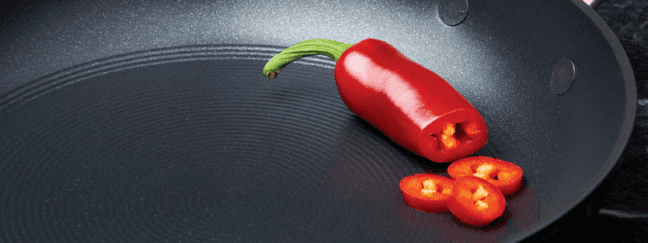

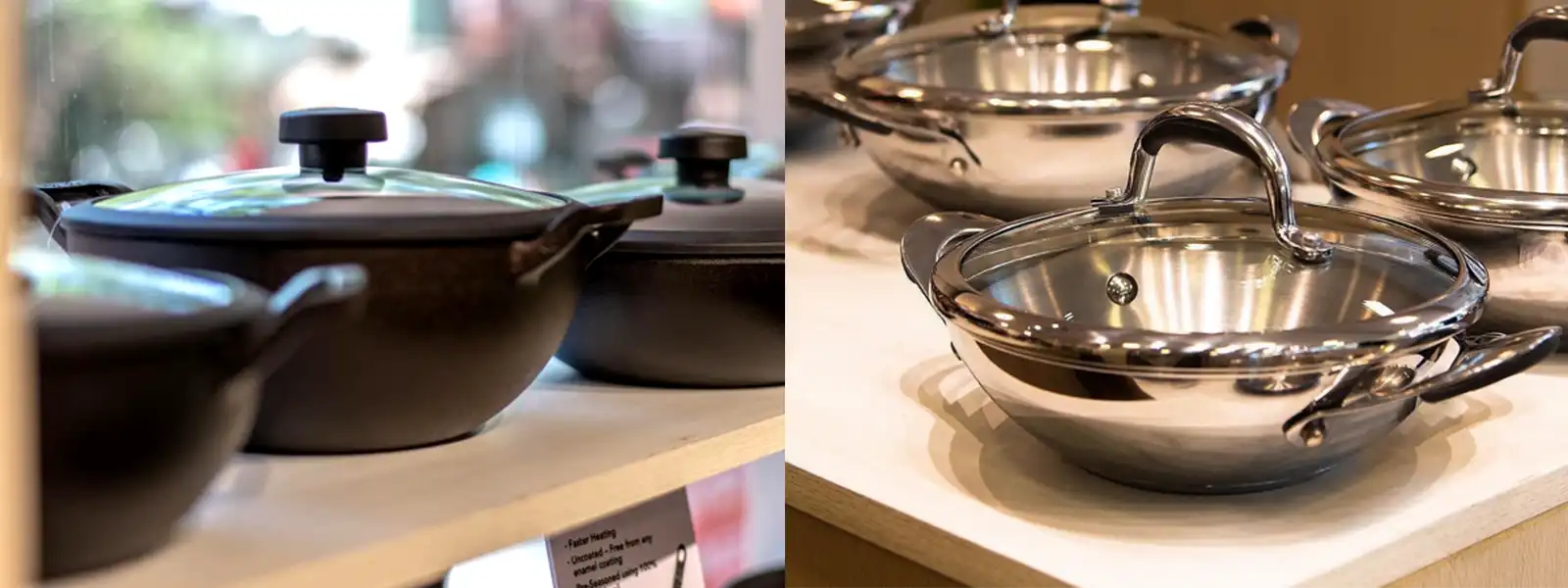
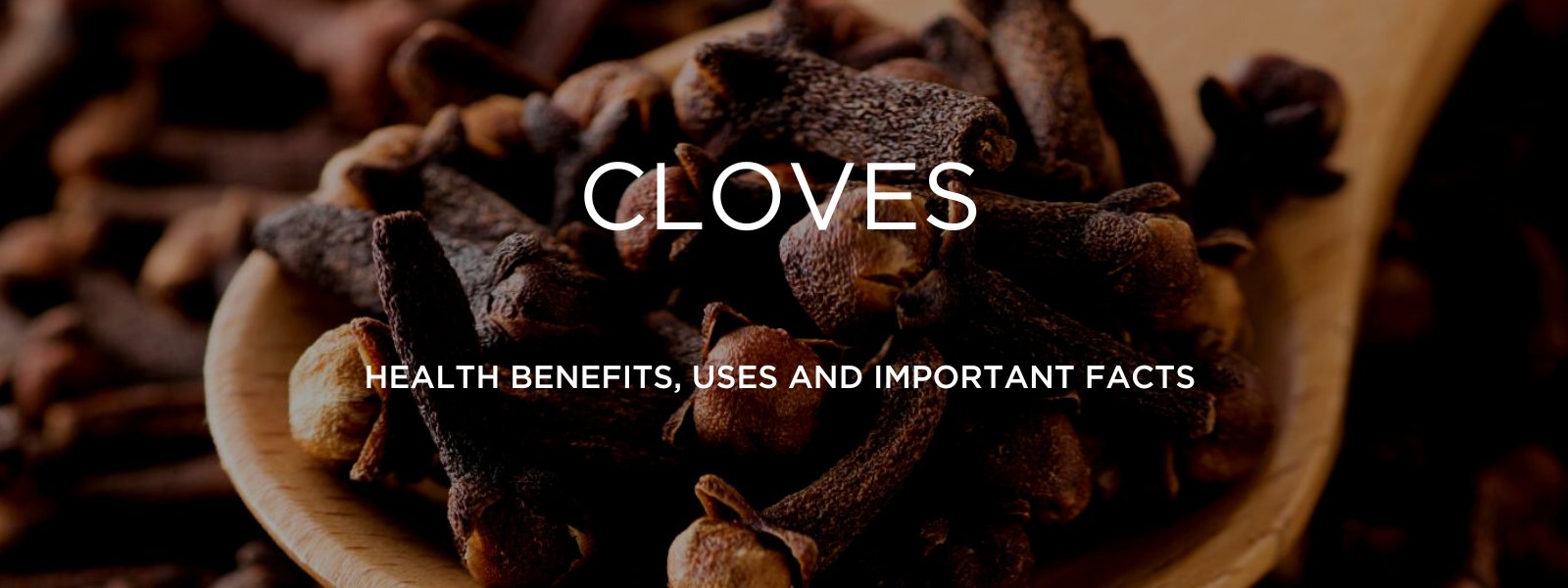
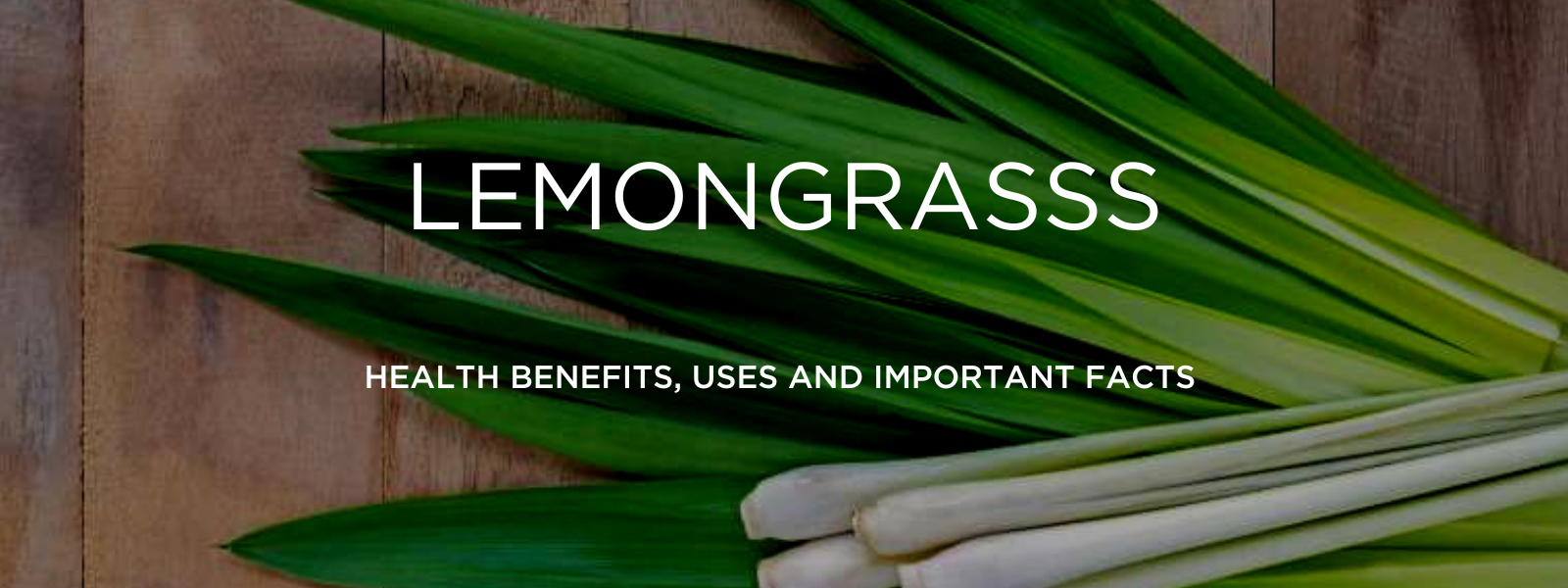
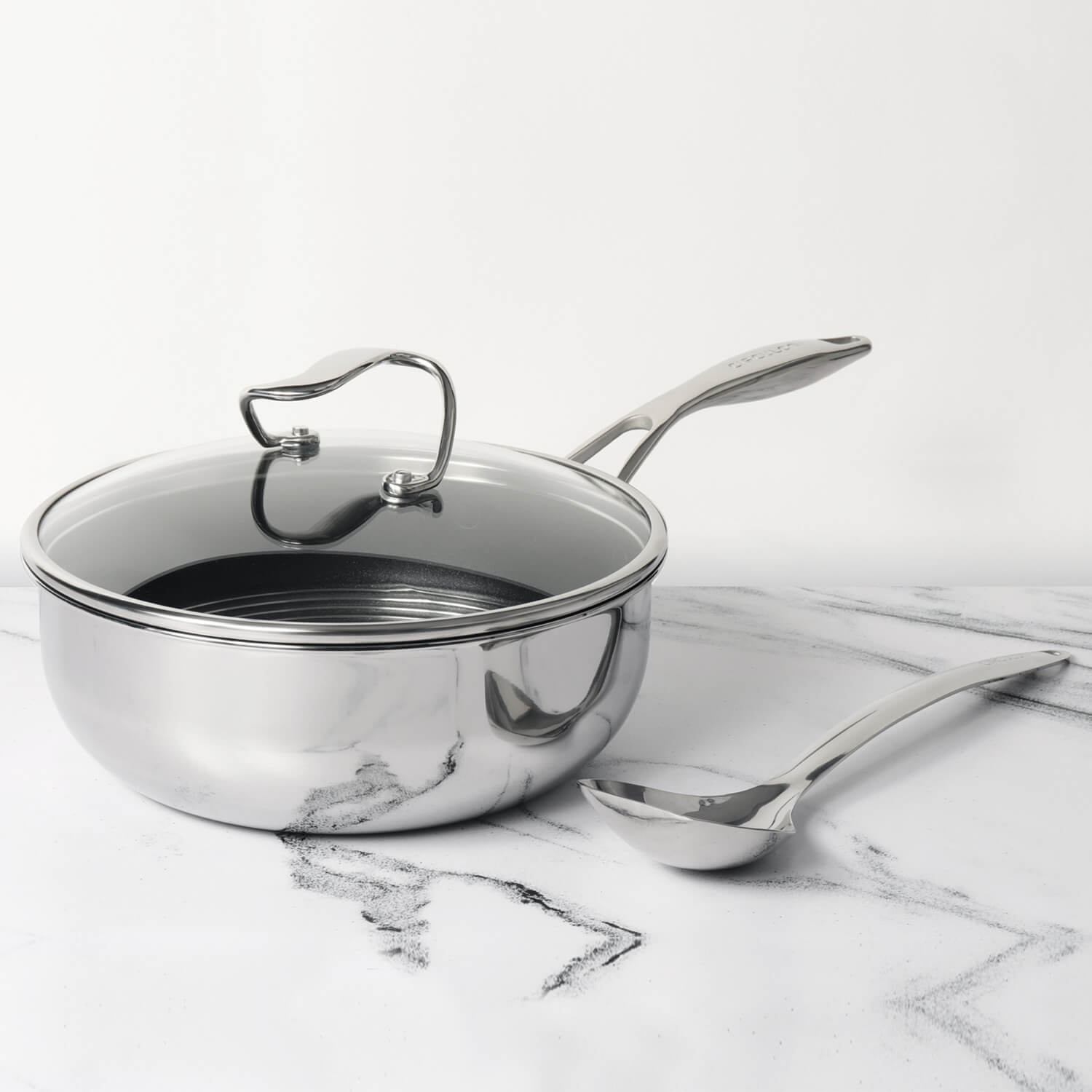
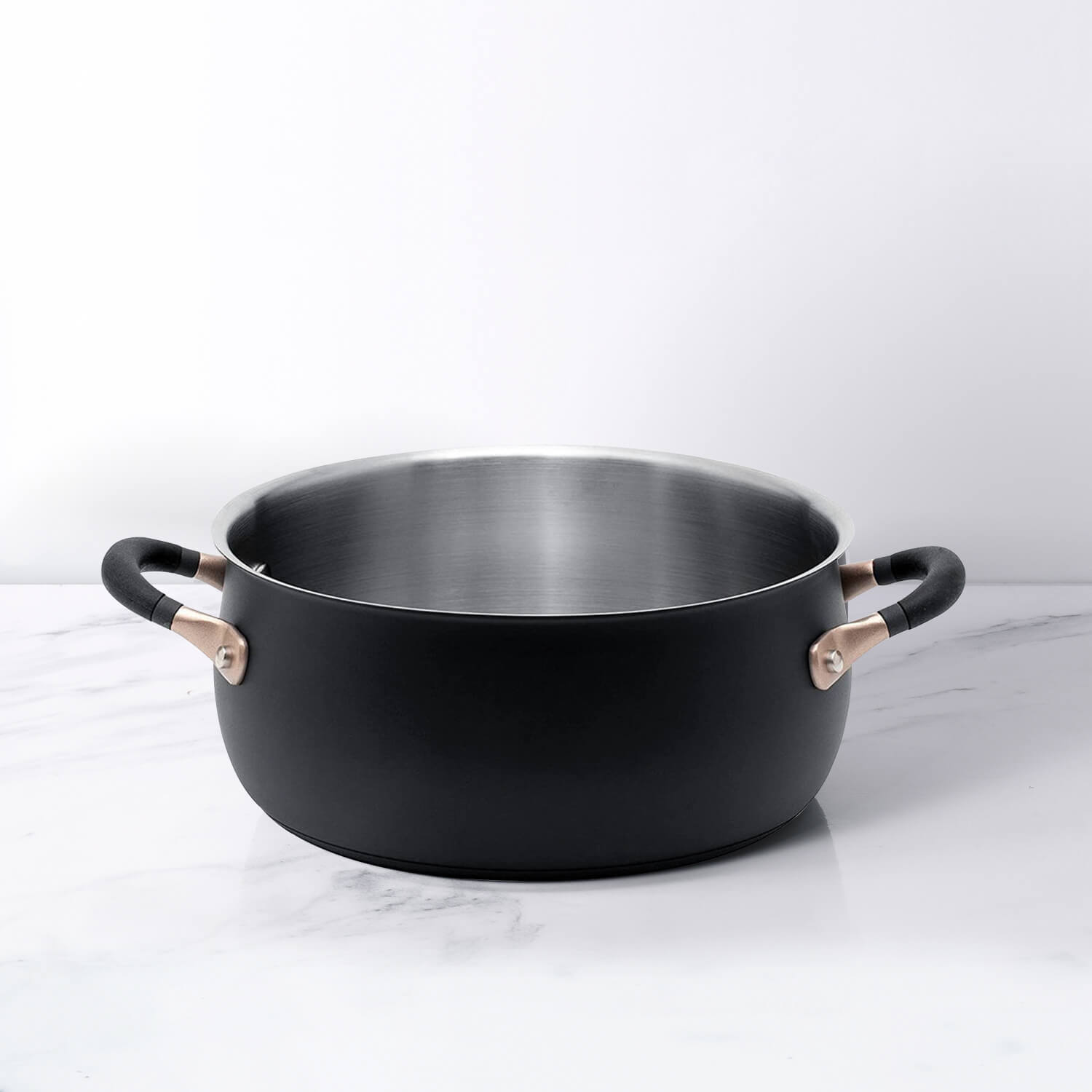




Leave a comment